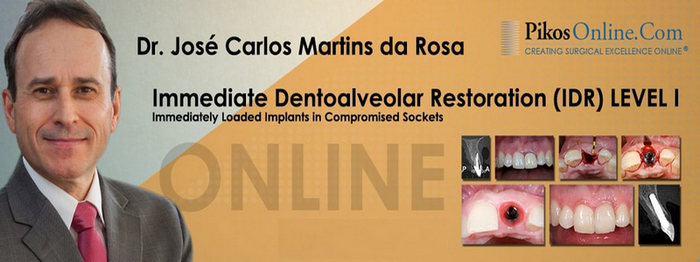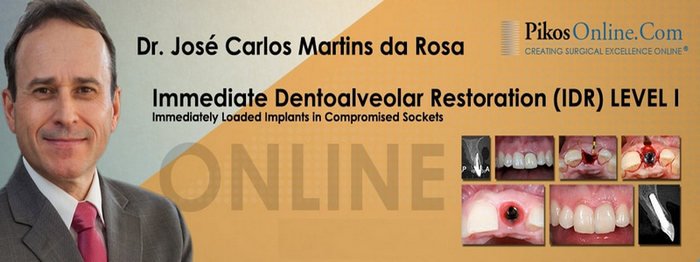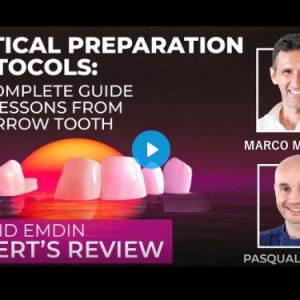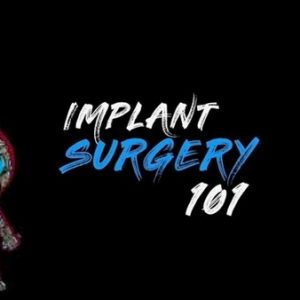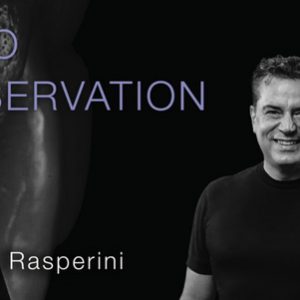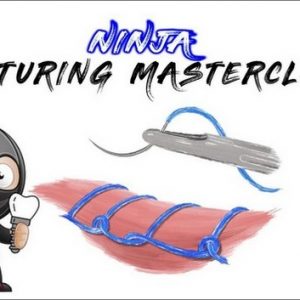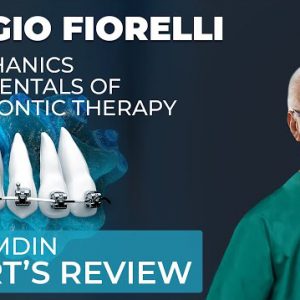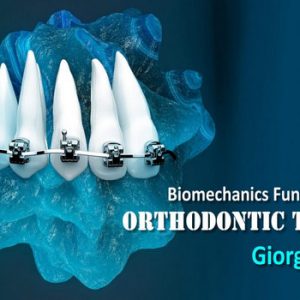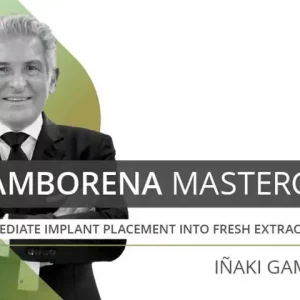The Immediate Dentoalveolar Restoration (IDR) is a surgical and prosthetic technique established to broaden indications for immediate loading on individual or several compromised teeth. In this way, tissue losses with varied extensions are reconstructed in the same surgical session of implant placement and provisional crown installation, reducing the number of interventions and making esthetic aspects predictable.
Course Outline
Section 1
– Module 1: Presentation of the IDR Technique
– Module 2: Biology of the Post Extraction Socket
– Module 3: Minimally Invasive Dental Extraction
Section 2
– Module 4: Flap Surgery, Flapless Surgery
– Module 5: Diagnosis of Compromised Sockets
– Module 6: Classification of Alveolar Bone Defects and Team Treatment Plan
Section 3
– Module 7: Maxillary Tuberosity as a Graft Donor Area
– Module 8: Maxillary Tuberosity – Surgical Technique
Section 4
– Module 9: Protocol for Selection of Implant Diameter in Post Extraction Sites
Section 5
– Module 10: Technique Protocol in Intact Sockets
– Module 11: IDR Protocols Using Cortico-cancellous Bone Graft
Section 6
– Module 12: IDR in Upper Anterior Regions
– Module 13: IDR in Lower Anterior Regions
– Module 14: IDR in Posterior Regions
– Module 15: IDR in Infected Sites
Section 7
– Module 16: The Influence of the Periodontal Biotype in Infected Sites in the IDR Treatment Planning
– Module 17: Bone Reconstruction Aiming to Improve the Implant’s Primary Stability
– Module 18: Osseodensification and IDR
Section 8
– Module 19: IDR in Cases with Gingival Recessions
– Module 20: Clinical Evidence of Bone Graft Incorporation
– Module 21: IDR Biology – Why it Works?
– Module 22: Complications
– Module 23: Final Conclusions

